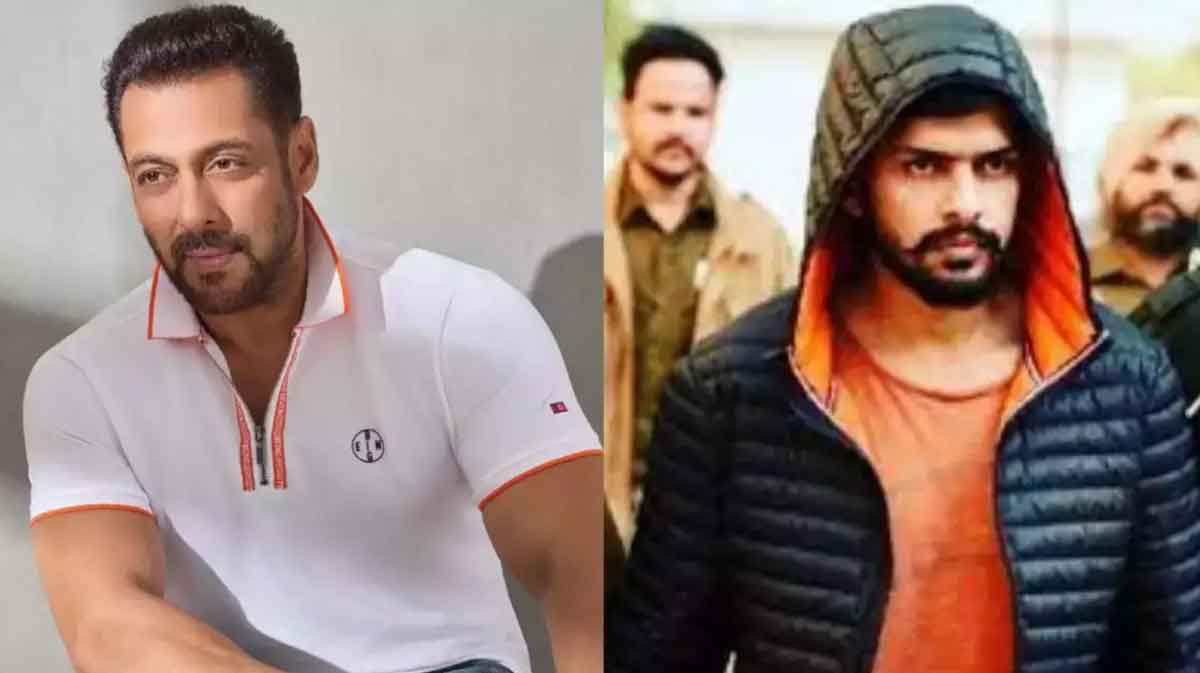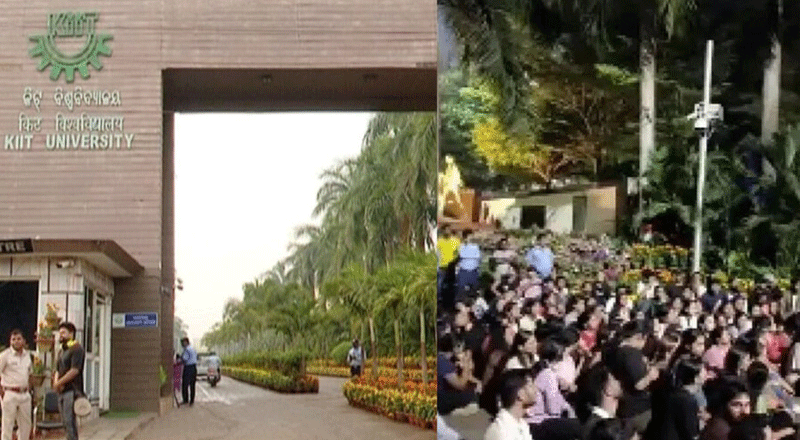Surge in Death Threats to High-Profile Figures
In a climate of heightened tensions and recent threats against celebrities and public figures, Mumbai Police have apprehended a 20-year-old from Noida, Gufran Khan, in connection with death threats directed at Bollywood superstar Salman Khan and Maharashtra MLA Zeeshan Siddique. This arrest comes just weeks after the assassination of Zeeshan’s father, former MLA Baba Siddique, known for his close ties with prominent figures, including Salman Khan. The shocking threats have led to intensified security for Salman Khan, who has been a target in multiple incidents, including those linked to the notorious Lawrence Bishnoi gang.
Threats and Arrest: A String of Alarming Events
The case unfolded when staff at Zeeshan Siddique’s Bandra office received messages on Friday evening demanding ransom payments and threatening death for both Salman Khan and Zeeshan if the demands were not met. Mumbai Police quickly initiated a probe, registering an FIR based on the complaint. Following an investigation, the police identified 20-year-old Mohammed Tayyab as a key suspect, and Gufran Khan was subsequently taken into custody in Noida.
In coordination with authorities in Noida, Mumbai Police arranged for a transit remand to bring Khan to Mumbai for questioning. This arrest marks yet another incident involving high-profile threats against Salman Khan, who has been a repeated target of death threats, many allegedly linked to organized crime syndicates and specific gangs. This year alone, he narrowly escaped an alleged assassination attempt outside his Bandra residence, leading to a significant increase in his security detail.
Earlier Incidents and Threats: A Growing Pattern
The arrest of Gufran Khan follows another recent case where Mumbai Police detained Shaikh Hussain Shaikh Mausin, a vegetable vendor from Jamshedpur, who had sent a threatening message to the Mumbai traffic police helpline. This threat demanded a hefty ransom of ₹5 crore, escalating concerns around the safety of public figures in Mumbai. With Salman Khan repeatedly receiving threats, Mumbai’s authorities have been on high alert, responding with robust protective measures for those at risk.
Further intensifying the situation, this month’s assassination of Baba Siddique near his son Zeeshan’s office raised alarms among local leaders and the Bollywood community. Siddique, an influential politician within the NCP (Ajit Pawar faction), was a well-known associate of Salman Khan. His murder, still under investigation, has added layers of complexity to the recent threats targeting both his son and Salman Khan.
A Broader Look at Security Concerns
The rising incidents of death threats and ransom demands are part of a larger issue facing high-profile personalities in India, who are increasingly vulnerable to targeted attacks by organized crime groups and independent operatives. Notably, Salman Khan has been at the forefront of these threats, receiving frequent warnings from alleged members of the Lawrence Bishnoi gang. Security around his residence, events, and film shoots has been consistently upgraded as police continue to monitor potential risks.
Need for Vigilant Security Measures
As the investigation proceeds, the recent arrest in Noida highlights the need for robust security and legal frameworks to protect public figures from escalating threats. For celebrities like Salman Khan and public servants such as Zeeshan Siddique, these incidents underscore the vulnerability that comes with public life in today’s climate. Authorities are actively coordinating with security agencies to ensure their safety, but the alarming frequency of threats signals a need for continuous surveillance and strengthened measures.
Mumbai Police and law enforcement agencies nationwide are working to identify and neutralize potential threats, especially as organized crime syndicates look to leverage public notoriety and demand ransom. This case, along with others, serves as a reminder of the ongoing risks to public figures and the importance of adaptive and proactive security protocols in protecting those who face heightened threats due to their influence and prominence.
(With inputs from agencies)





